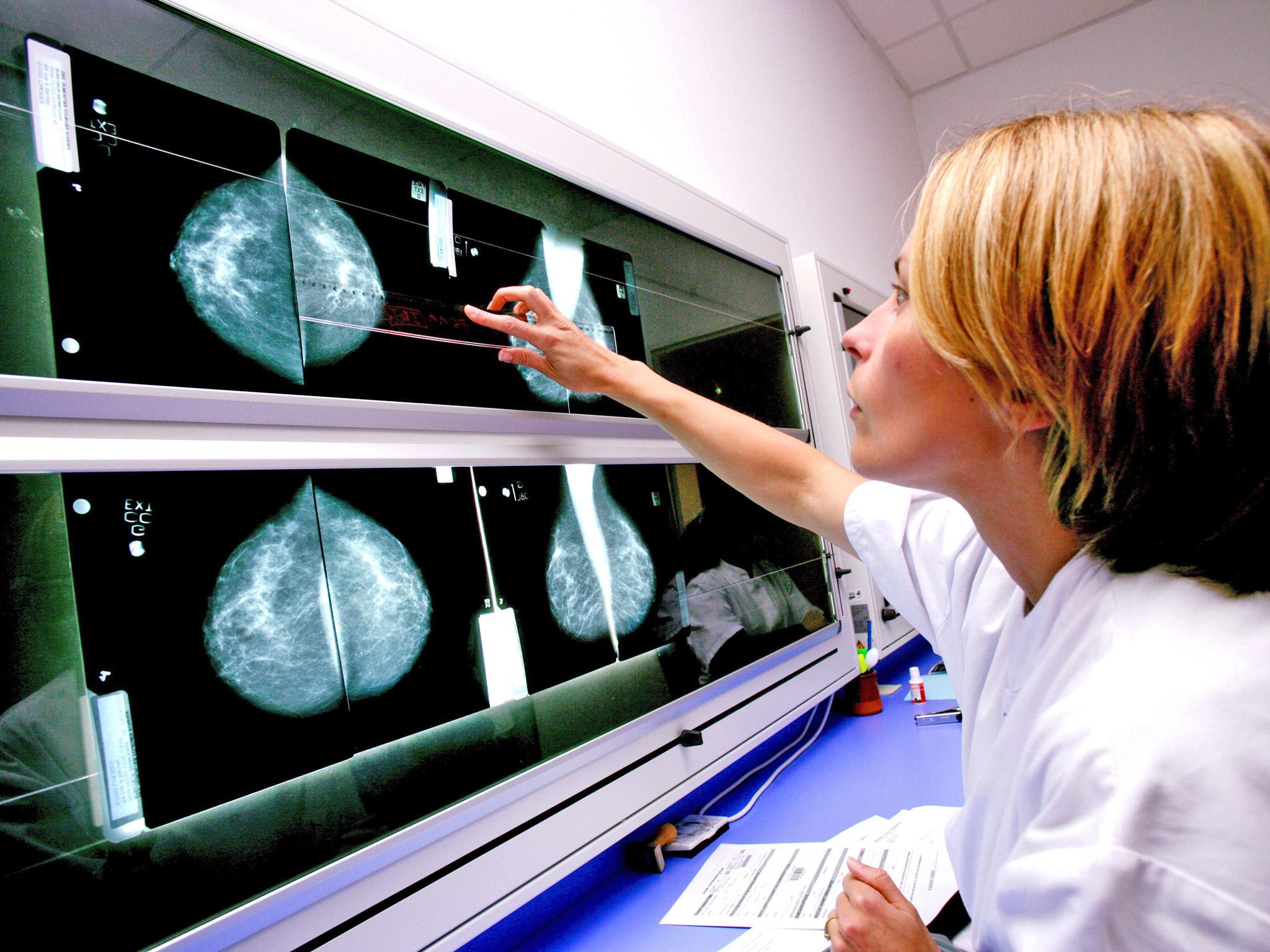Medical breakthrough could help thousands in UK living with an aggressive type of breast cancer
Younger women and black women more likely to develop this form of breast cancer

Your support helps us to tell the story
From reproductive rights to climate change to Big Tech, The Independent is on the ground when the story is developing. Whether it's investigating the financials of Elon Musk's pro-Trump PAC or producing our latest documentary, 'The A Word', which shines a light on the American women fighting for reproductive rights, we know how important it is to parse out the facts from the messaging.
At such a critical moment in US history, we need reporters on the ground. Your donation allows us to keep sending journalists to speak to both sides of the story.
The Independent is trusted by Americans across the entire political spectrum. And unlike many other quality news outlets, we choose not to lock Americans out of our reporting and analysis with paywalls. We believe quality journalism should be available to everyone, paid for by those who can afford it.
Your support makes all the difference.Thousands of women living in the UK suffering from an aggressive type of breast cancer could be helped by a newly identified drug, according to a study.
The research, carried out by The Institute of Cancer Research, found medicine presently used to help other breast cancers that have spread to another area of the body, could actually be utilised to help around a fifth of women who have triple negative breast cancer.
Around 55,000 women are diagnosed with breast cancer in Britain each year, with approximately one in five of these being triple negative. Younger women and black women are more likely to develop this form of breast cancer which is generally more aggressive.
Breast cancer is the most prevalent type of cancer in the UK and the disease claims around 11,500 women’s lives every year.
Researchers’ realisation the drug palbociclib could be used far more widely than previously thought could “provide a much-needed targeted treatment” for those who are at higher risk of witnessing their cancer spread more quickly, becoming incurable and often unresponsive to conventional chemotherapy.
Dr Simon Vincent, of Breast Cancer Now, a leading charity which funded the study, said: “It’s hugely exciting that this research has uncovered a new possible use for palbociclib as a targeted treatment for some women living with triple negative breast cancer.
“Each year, around 8,000 UK women are diagnosed with this aggressive form of breast cancer and we desperately need new, effective ways to treat them and stop them dying from this devastating disease. We hope that if clinical trials confirm that palbociclib is beneficial for some of these women, it will be advanced through the approval process and made available for those who need it as quickly as possible.”
The charity said its research has been “devastatingly” impacted by the Covid crisis and they are no longer as able to fund new research that could overhaul the lives of breast cancer patients as they called for people to support them.
Researchers said there is a dearth of different treatment choices for those with triple negative breast cancer so it is generally treated with a mixture of surgery, chemotherapy, and radiotherapy.
The study pinpointed a mechanism to discern triple negative breast tumours that may be more likely to react to a type of drugs referred to as CDK4/6 inhibitors which includes palbociclib.
Dr Rachael Natrajan, of the London-based Institute of Cancer Research, said: “Our study shows what drives the growth of some triple negative breast cancers and suggests the exciting possibility that an already-approved breast cancer drug could be used to help women with this type of disease.”
Palbociclib has already been shown to be safe as it is an approved medicine which means it can rapidly be used in clinical trials for triple negative breast cancer.
Breast Cancer Now calls for women to examine their breasts for cancer at least every six weeks as getting an early diagnosis can stop women dying from the illness. The charity notes those who need help can speak to their expert nurses by calling their free helpline on 0808 800 6000.
One in seven women in Britain will develop breast cancer at one point in their life - with one woman diagnosed every 10 minutes.


Join our commenting forum
Join thought-provoking conversations, follow other Independent readers and see their replies
Comments